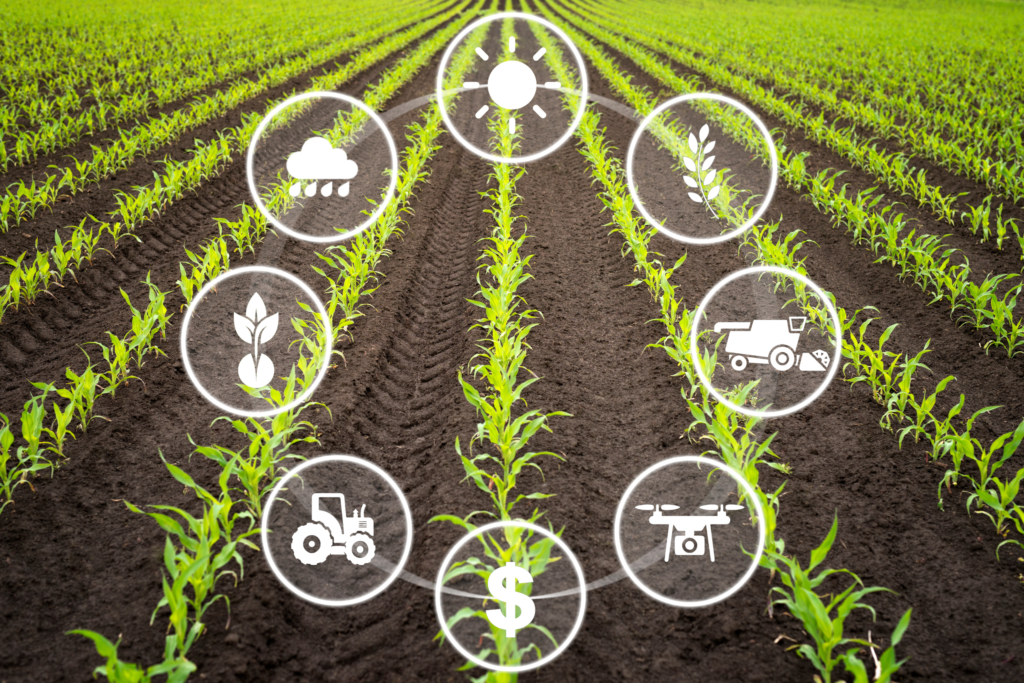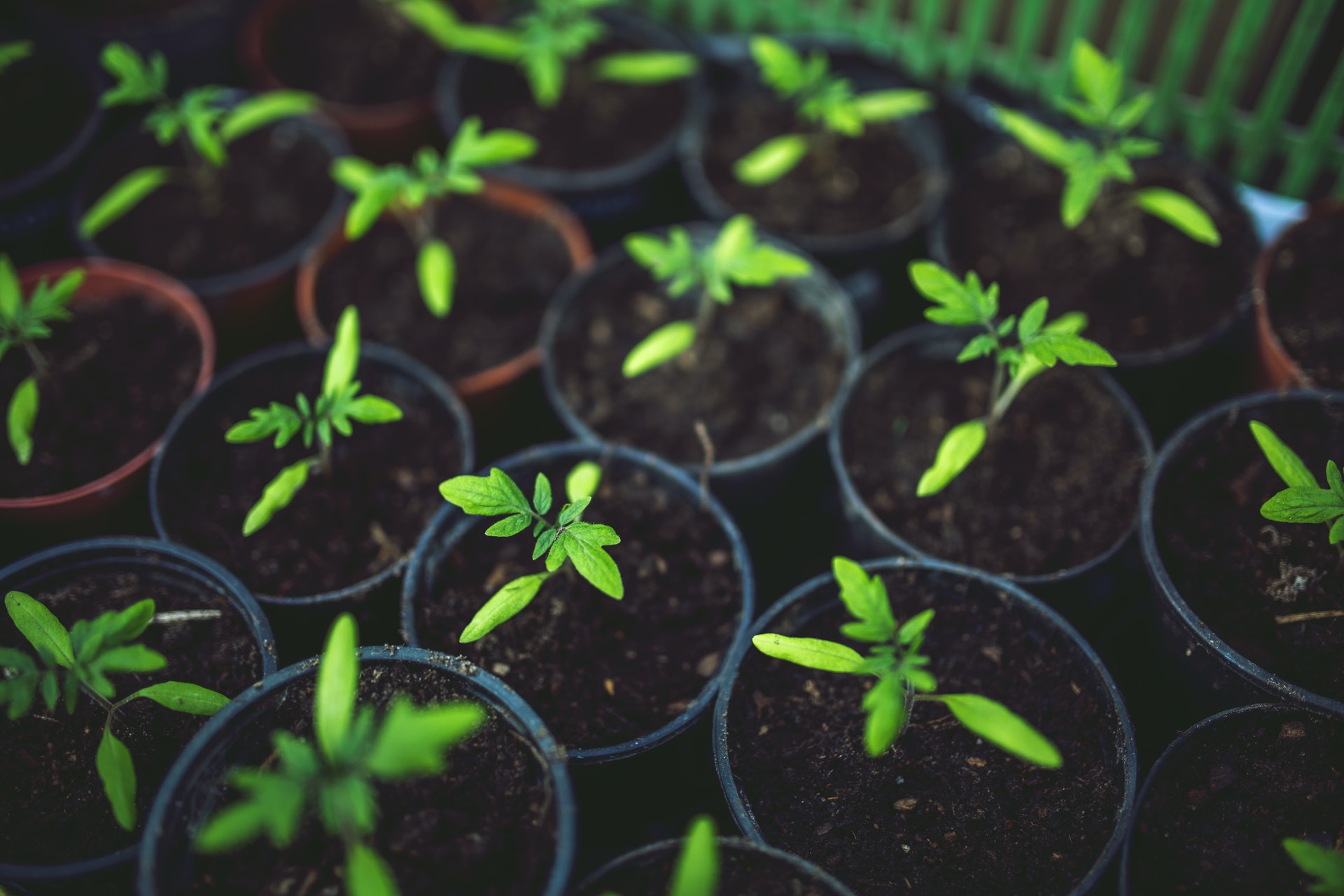

The Importance of Africa’s Food Supply Chain for the UK and Europe
As the world becomes more interconnected, the importance of a resilient and diversified food supply chain has never been more evident. This is especially true for the UK and Europe, where recent challenges have highlighted vulnerabilities in local agricultural production and food distribution. With unpredictable weather patterns, rising costs, and increasing demand, the region must look beyond its borders to ensure sustainable food security.
A Season of Challenges
European agriculture is facing one of its most difficult seasons in recent memory. Extreme weather events, including droughts and floods, have significantly impacted crop yields. Meanwhile, rising energy and fertilizer prices have made food production more expensive than ever. This has resulted in shortages and reduced quality in key staples such as fresh produce, grains, and livestock products. Consumers are increasingly noticing these challenges at grocery stores, with limited availability and higher prices becoming the norm.
Africa: A Solution to Global Food Insecurity
Africa’s vast agricultural potential offers a lifeline to regions like Europe during times of crisis. With its fertile lands, diverse climates, and year-round growing seasons, Africa produces a wealth of high-quality, nutritious food. From fresh fruits and vegetables to unique spices and grains, the continent is well-positioned to supply the global market with essential goods.
Africa’s food supply chain is not only rich in variety but also resilient to many of the pressures that Europe currently faces. Investing in Africa’s agricultural sector and integrating its produce into the global market can help ensure consistent food availability, reduce reliance on overburdened local systems, and promote global economic cooperation.
Why African Food Matters Now More Than Ever
-
High-Quality Produce: African farms specialize in producing fresh, nutrient-dense foods that are often grown organically or with sustainable practices. This ensures a level of quality that aligns with European consumers’ increasing preference for healthy and ethical food choices.
-
Seasonal Compatibility: When European farms are off-season or struggling, Africa’s diverse climates allow for year-round production of staples like fruits, vegetables, and grains, ensuring a steady supply when local sources falter.
-
Economic Cooperation: Strengthening ties between African producers and European markets benefits both sides. It supports African farmers and creates jobs while providing Europe with a reliable source of food.
-
Reducing Food Waste: By connecting African producers with international markets, food that might otherwise go to waste due to limited local demand can reach consumers who need it most.
A Win-Win Opportunity
Europe’s growing reliance on external food sources is not a sign of weakness but an opportunity for global collaboration. Africa’s agricultural industry is eager to meet the demand, offering products that are not only competitively priced but also packed with flavor and nutritional value.
The UK and Europe have long celebrated multicultural cuisines and diverse ingredients. Embracing African produce isn’t just a necessity; it’s a chance to expand culinary horizons and enrich diets with fresh, exotic flavors. From sweet mangoes and avocados to robust coffee and cacao, Africa offers a world of tastes waiting to be discovered.
A Future of Collaboration
To address food insecurity and rising costs, Europe needs to embrace partnerships that prioritize sustainability and quality. Africa’s agricultural potential is vast and untapped, offering a solution that benefits farmers, traders, and consumers alike. Strengthening these partnerships isn’t just about solving immediate food shortages—it’s about building a future where communities on both continents thrive.
As demand for fresh, reliable food sources grows, businesses facilitating these connections will play an essential role in creating a sustainable food supply chain. By choosing to source food from Africa, companies and consumers alike contribute to a global economy that values quality, equity, and innovation.
A Call to Action
The food shortages in Europe may seem like a crisis, but they also present an opportunity for growth, innovation, and cooperation. Africa holds the key to addressing these challenges, providing not only food but a vision of resilience and abundance.
Let’s turn today’s challenges into tomorrow’s solutions by embracing the potential of Africa’s agricultural industry. Through stronger partnerships and smarter sourcing decisions, we can build a food supply chain that ensures everyone has access to the nourishment they need—no matter the season.



